Nov 16, (V7N) - For the first time in years, Libya’s youth are stepping up to shape the future of their fractured nation, as municipal elections take place in parts of the country on Saturday. For many, this marks their first-ever opportunity to vote in a country where elections have been scarce since the overthrow of Moamer Kadhafi in 2011.
In Misrata, Libya’s third-largest city, young volunteers like Radouane Erfida, 21, are leading grassroots efforts to educate citizens about the importance of voting.
“Elections are a new concept here,” Erfida told AFP, distributing leaflets to potential voters. “To help people accept and understand the process, we need awareness campaigns.”
Libya, a nation of seven million, remains deeply divided between two rival administrations: a UN-recognized government in Tripoli and a Haftar-led faction in the east. However, these elections mark a rare moment of coordination, with polling taking place in both eastern and western regions for the first time in a decade.
Although only 58 out of 142 municipalities are participating, nearly 190,000 voters are registered to cast their ballots. Campaign posters line the streets of Misrata, urging citizens to engage with slogans like, “Your voice builds your municipality.”
For many young Libyans, these elections are an opportunity to restore faith in the democratic process.
“We are trying, through these elections and those to come, to revive people’s dreams,” said Mohammed al-Moher, 25, a volunteer helping with voter outreach. “We want people to go to the polls again and choose candidates who align with their vision.”
Libya’s first free elections in 2012, following the Arab Spring, sparked optimism. However, the optimism waned after low turnouts and ongoing violence marred subsequent parliamentary elections in 2014.
In Misrata, Nouh Zagout, 29, is among a growing wave of young candidates running for office. A pharmacist by profession, Zagout believes it’s time for young Libyans to take charge.
“We’re tired of seeing old people monopolize politics. It’s time young people became involved in something other than the battlefield,” he said.
Zagout acknowledges the challenges faced by youth in politics, particularly criticism from older generations who question their ability to lead. “That’s precisely why I decided to stand for election,” he added.
While these municipal elections are a small step, they carry significant weight in a nation yearning for stability. For Libya’s youth, the elections represent more than just a vote—they are a chance to break free from years of stagnation and violence and chart a new course for the country’s future.
As the polls open, the message from young Libyans is clear: they’re ready to move beyond conflict and build a brighter, united future.
END/WD/RH/



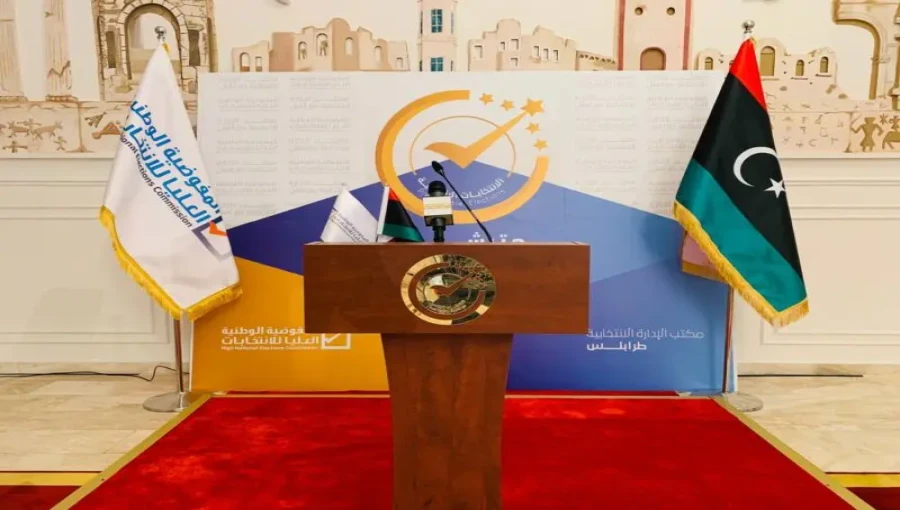

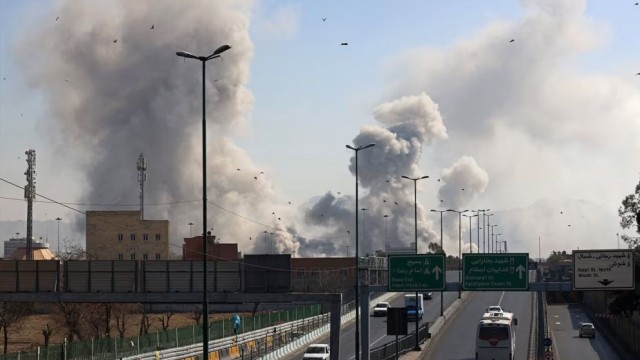
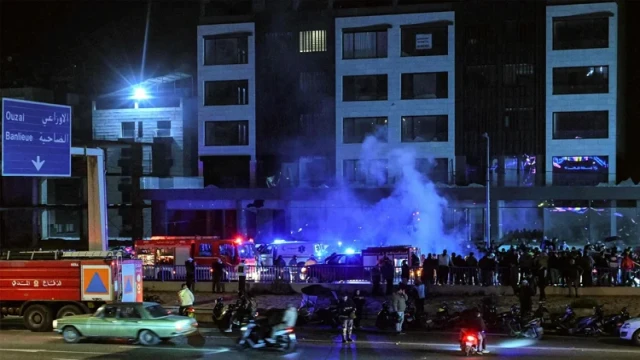

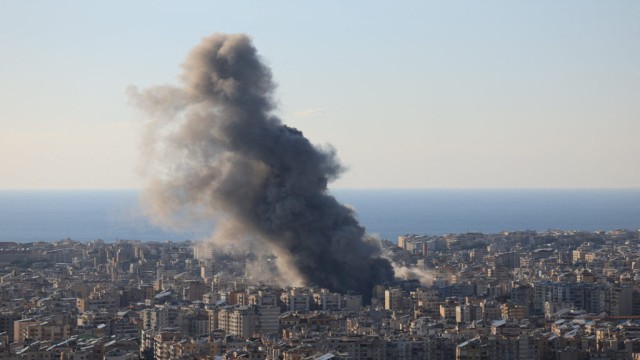
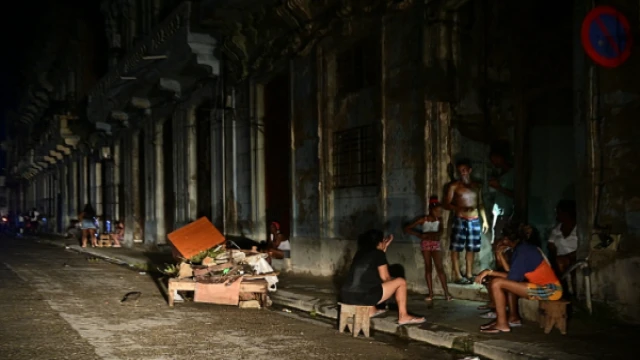
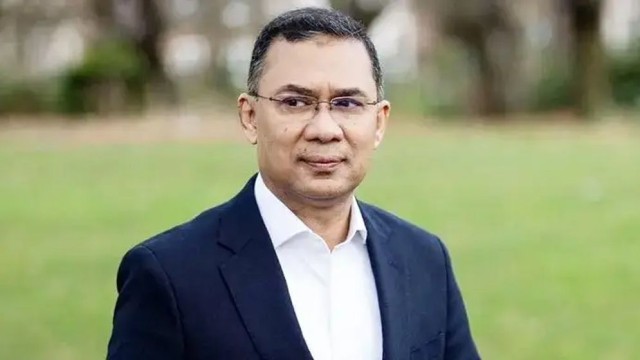

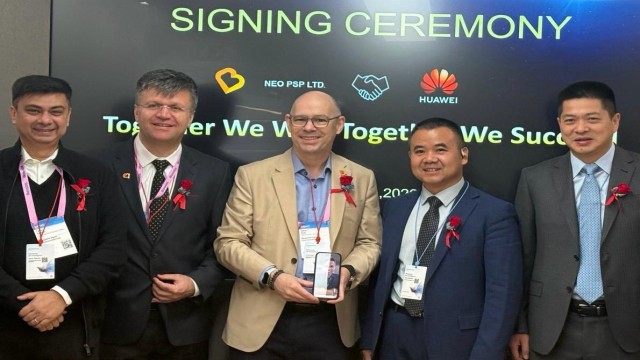
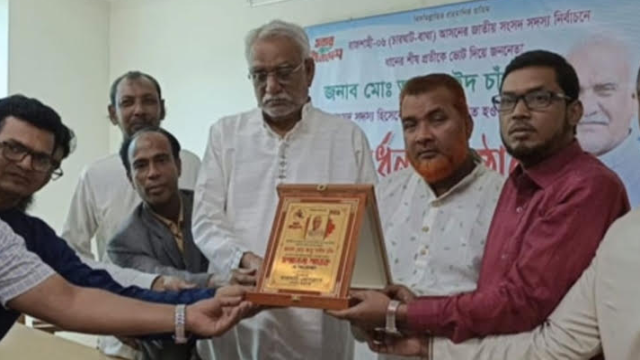
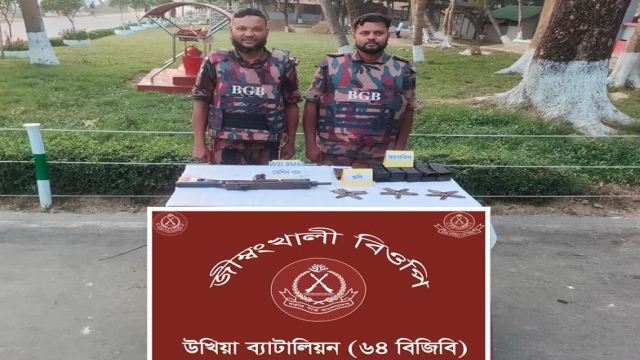
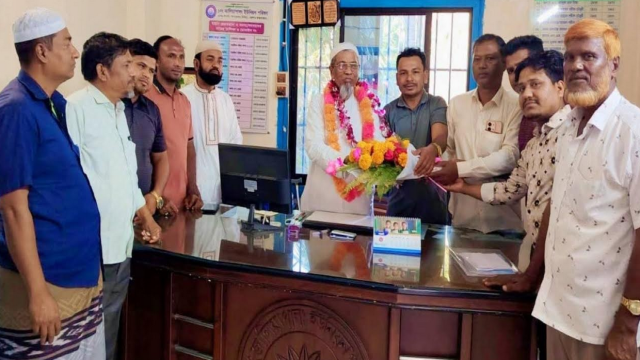
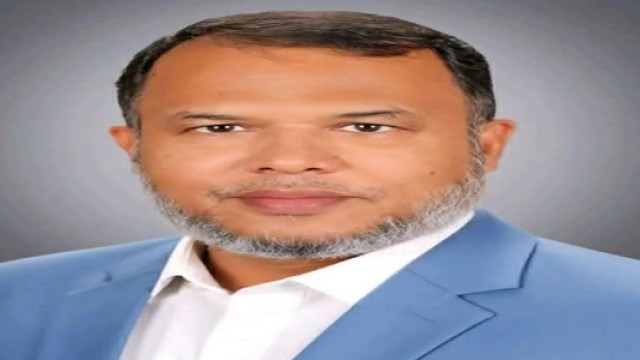

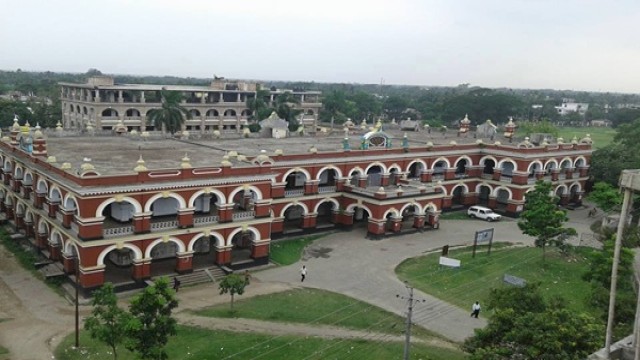




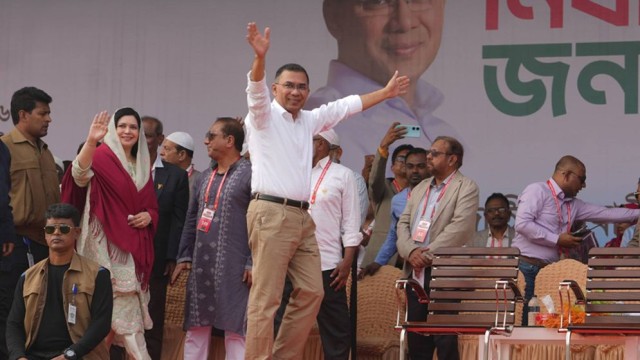
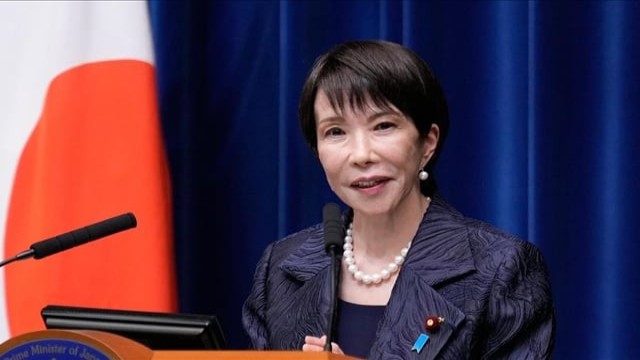
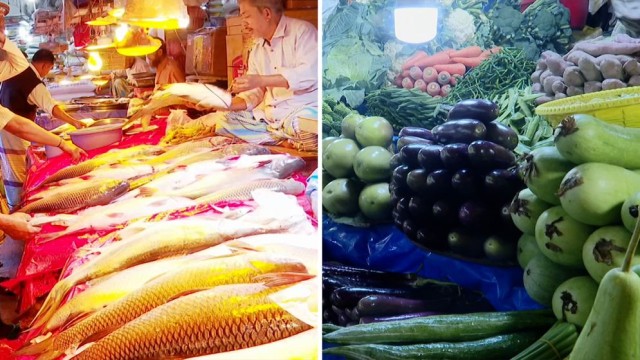
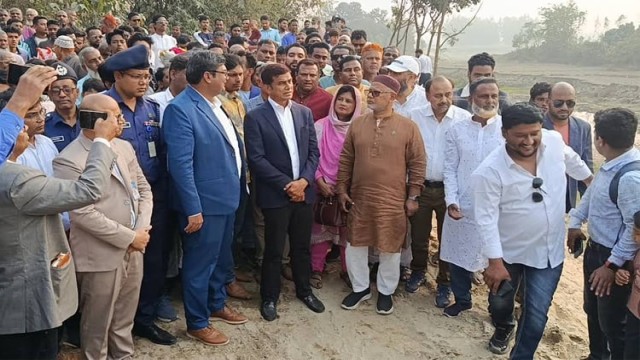
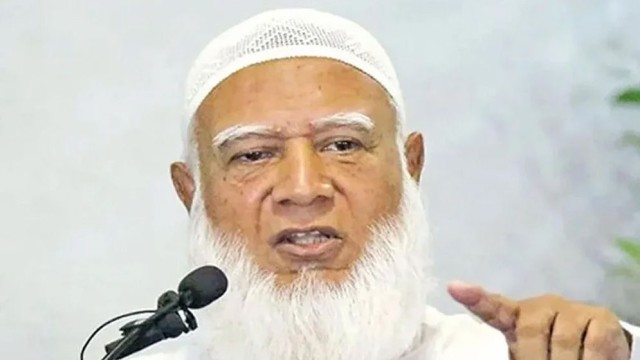
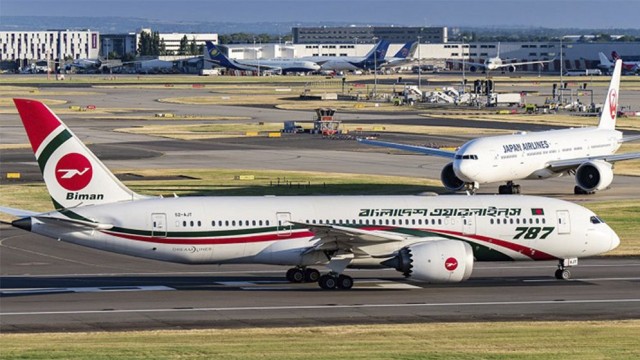
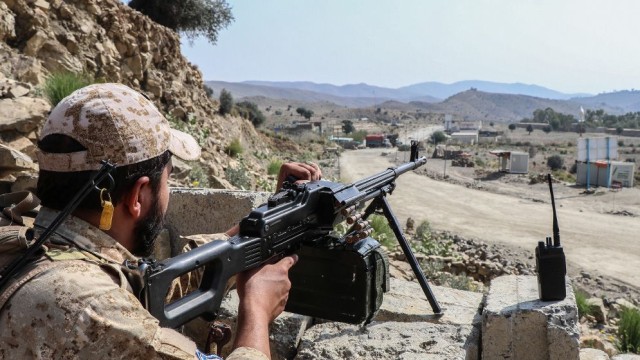

Comment: